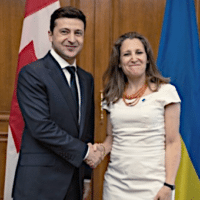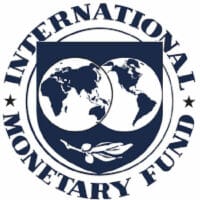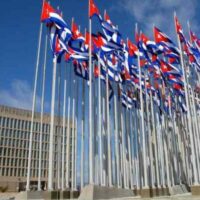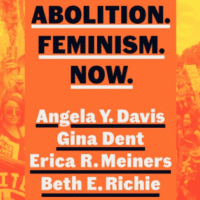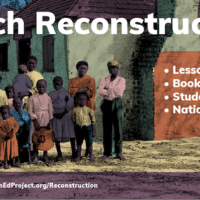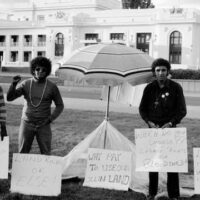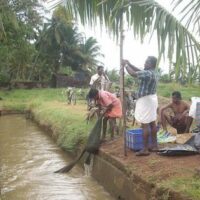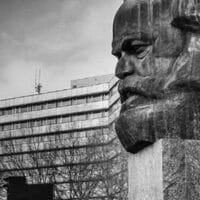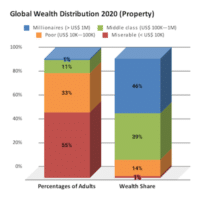-
The Petro-War of Chrystia Freeland: Canada’s military support for Ukraine
According to the Globe and Mail, the Minister of Finance, Chrystia Freeland, is in charge of the campaign of military support for the Ukraine.
-
IMF says to Nepal Rastra Bank: “COVID-19 related support measures in the financial sector should however be gradually unwound, and the remaining ones should be targeted and time bound
The International Monetary Fund (IMF) has expressed dissatisfaction over the role played by Nepal Rastra Bank to ensure stability of Nepal’s banking sector.
-
Replacing imports to guarantee greater biotechnological sovereignty in the production of medicine
Interview with president of Cuba’s leading pharmaceutical enterprise group, BioCubaFarma, working to strengthen the country’s technological sovereignty and contribute to the population’s quality of life.
-
Africa was at the centre of Lenin’s work
Vladimir Ilyich Lenin, the father of Bolshevism, never stepped foot in Africa, but his influence upon the continent has been tremendous. Alongside the ideas of Karl Marx and Frederick Engels, Lenin’s revolutionary theories provided the framework for an entire generation of African socialists during the twentieth century.
-
Wikileaks’ invaluable contributions to journalism and people’s movements
The information shared by Wikileaks has strengthened the resistance against repressive governments by exposing the gaps between their actions and their carefully crafted narratives.
-
Havana Syndrome, the U.S.’s Monumental Hoax
Last week, the United States decided to recognize for the first time in five years that the phenomenon baptized as “Havana Syndrome” is nothing more than a big farce. On Thursday, the U.S. Central Intelligence Agency (CIA) admitted that its allegations against Cuba for the so-called “health incidents” suffered by CIA officials in La Havana back in 2016 were not caused by “a deliberate attack.”
-
Brazil Elections 2022: Greenwald debates Mier
On January 24, Brasil Wire editor Brian Mier appeared on Eoin Higgins podcast, Flashpoint, to present his analysis of Brazilian Congressman David Miranda and his husband Glenn Greenwald’s abandonment of the PSOL (Socialism and Liberty Party) for the moderate PDT.
-
Reimagining the relationship between care and power
Abolition. Feminism. Now. has everything I have come to expect from abolitionist literature: a solid critique of carceral feminism, passionate archiving of black and brown struggle against state control, and a good dose of hope. But also a big dose of U.S.-centrism and a hesitancy to outline a plan to win.
-
‘Das Kapital’ in Kiswahili
Joachim Mwami on translating Marx—and Marxism—into the vocabulary of East Africa
-
National Report on the Teaching of Reconstruction
In his 1935 book, Black Reconstruction in America, W. E. B. Du Bois wrote, “One cannot study Reconstruction without first frankly facing the facts of universal lying.” He denounced the Dunning School, the dominant approach to Reconstruction at the time, which denied Black achievements and celebrated white supremacy.
-
Roe v. Wade 49th Anniversary—Much is at Stake
January 22 is the forty-ninth anniversary of the Roe v. Wade decision, in which the Supreme Court ruled that a women’s right to choose to have an abortion falls within the right to privacy protected by the 14th Amendment, making abortion legal nationally.
-
Amazon and the power of big digital platforms
Platform power is often traced to markets, implying anti-trust action. The source, and the solution, lie elsewhere.
-
Mike Taber (ed) – Under the Socialist Banner: Resolutions of the Second International, 1889-1912
Mike Taber has edited for the first time the resolutions adopted between 1889 and 1912 by the nine congresses celebrated by the Socialist International, which is also known as the Second International.
-
Abolish long-term care
The COVID-19 pandemic shone a spotlight on the horrific conditions in long-term care facilities. The institutions are a perfect storm for outbreaks: poor ventilation, understaffing, insufficient personal protective equipment (PPE), a lack of regulation, and years of underfunding.
-
Celebrating 50 years of the Aboriginal Tent Embassy
The longest protest for Indigenous land rights, sovereignty and self-determination in the world, the Aboriginal Tent Embassy, located on Ngunnawal land in Canberra, will mark its 50th anniversary on 26 January. Established by Aboriginal activists to demand land rights, the Embassy has been a key site for the struggle for Indigenous rights ever since.
-
Venezuela doubles oil output despite U.S. bans thanks to Iran’s help
Venezuela has doubled its oil production over the past months thanks to Iran’s help in defiance of U.S. sanctions against Caracas, oil industry analysts say.
-
Kerala scheme shows how to create work opportunities while caring for the environment
Environment and employment two fronts on which India has been besieged in recent years. Unemployment since 2011 has worsened in the aftermath of the COVID-19 lockdowns. About 100 million workers lost their jobs with women and the youth being more adversely impacted.
-
Book Review: Marvin Harris- The Rise of Anthropological Theory: A History of Theories of Culture (2001). Reviewed By: Thomas Riggins
This is an indispensable book for all those on the left interested in understanding how the science of cultural (social) anthropology developed over the last three centuries and how it is used to understand (and sometimes control) non-Western societies, especially those that have not developed complex state structures.
-
Chile’s president-elect Boric reiterates his contempt for besieged Nicaragua and Venezuela
Gabriel Boric, president-elect of Chile, considers that the leftist governments headed by President Nicolás Maduro in Venezuela and Daniel Ortega in Nicaragua “have failed.”
-
World Inequality Report: Class divide explains more than regional divisions
The report clearly shows how the class divide has become relatively more important than the regional divide in determining global inequality. This simply tells that in today’s world where one is born and brought up has relatively less impact than in which class the person belongs to in explaining relative earnings and wealth status.

